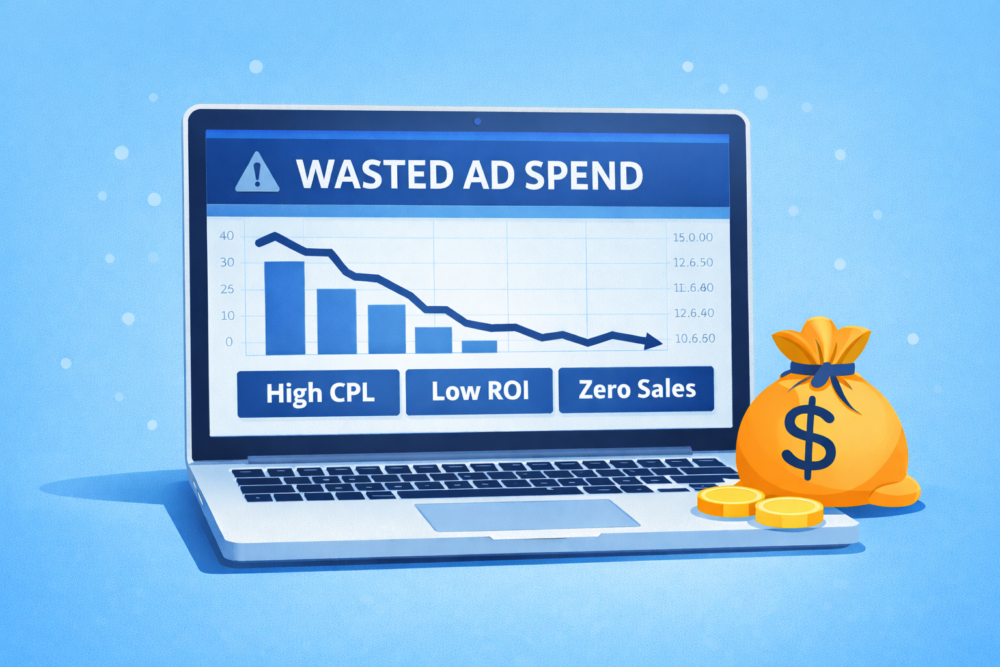Table of contents
When Jonah Lopin first started Crayon, he remembers the obscurity associated with starting up being bit unsettling.
Consider that Lopin was coming from HubSpot, a company that, in the same year that he founded Crayon in 2014, went public, hosted its annual INBOUND conference with over 10k attendees, and was continuing its global expansion.
Now he was starting from square one. No emails. No meetings. But he and his co-founder John had a product. Or, at least, a really good idea for one.
Crayon originally set out to give marketers and creators the inspiration they needed to build great websites. But along the way, the amount of data Crayon had collected in cataloging websites across all niches and verticals became a much bigger asset than just design and copy inspiration.
It’s what led Crayon’s evolution into what it’s become today–a suite of marketing and competitive intelligence tools.
If the story sounds overly simple, it wasn’t. Like any startup fighting for relevance, from the very first email in your inbox to your 100th customer and beyond, it can be an uphill battle.
I recently talked with Crayon co-founder, Jonah Lopin, about the journey from obscurity to big mover in market insights on Ground Up.
I’ve included some of my favorite lessons from our conversation below. Be sure to listen to our whole conversation for more. It’s worth it.
Obscurity is your friend (in the early days)
“I have this vivid memory of the first day that my co-founder John and I were in our office. It was just the two of us. I remember sitting in the office and thinking, ‘well what do we do first?’
We set up our email. Then you log in and there’s this funny feeling because no one even knows your email address. Your calendar is completely blank. Your email is completely blank.
I personally feel like it’s a good thing in the early days of a startup to be left alone. Obscurity in the early days is your friend because you need that silence and tranquility to reflect and figure out what you want to build and how you can add meaningful value.”
Get picked by customers
“Getting picked by anyone is hard.
It’s hard to convince a journalist on why they should care about your story. It’s hard to convince investors. They’re really skeptical and have lots of options.
It’s really hard to recruit employees, too. Your pitch is like, ‘hey, you should take a pay cut and leave your cushy job and help us build something that’s unproven.’
All of those things are hard and they’re all worthwhile, but the most important one in my opinion for a startup to get right is to get picked by customers, meaning that you pitch them your product and they choose to pay you money or attention for it. If you get that right, all the other things follow.
If you’re good at pitching journalists and they write your story, that’s great. That’s going to fade away. If you can attract investment dollars but haven’t created value for customers and you don’t have a business model, then that fades away too. Those are all failure states.
I think the only success state is where customers choose to give you attention or money in exchange for what you’re doing.”
Everyone you hire should be better than the average already on your team
“Netflix has this famous culture deck. It’s quite thoughtful.
One of the concepts in there that we talked a lot about at HubSpot was that every person you add to your team should be better than the average of the people that are already there. Because if they’re not, and you add people who are below the average of your team, then by definition the overall average quality level of your team is declining. And if you pull that too far, the quality of your team will continue to go down.
So the only way to get the quality of your team to stay flat or go up is to have every person you add be better than the average that’s already there.
If you can’t honestly make the case that a candidate is potentially better than anyone else who is at the company and can be the best person at the company in a year, then you shouldn’t hire them.”
Subscribe to Metrics & Chill (formerly Ground Up) and get notified when new episodes go live.




![How Crayon Grew Its Website Inspiration Tool into a Force for Market Insights [Podcast] How Crayon Grew Its Website Inspiration Tool into a Force for Market Insights [Podcast]](https://cdnwebsite.databox.com/wp-content/uploads/2017/10/23135325/header_ground_up_blog-11.jpg)








